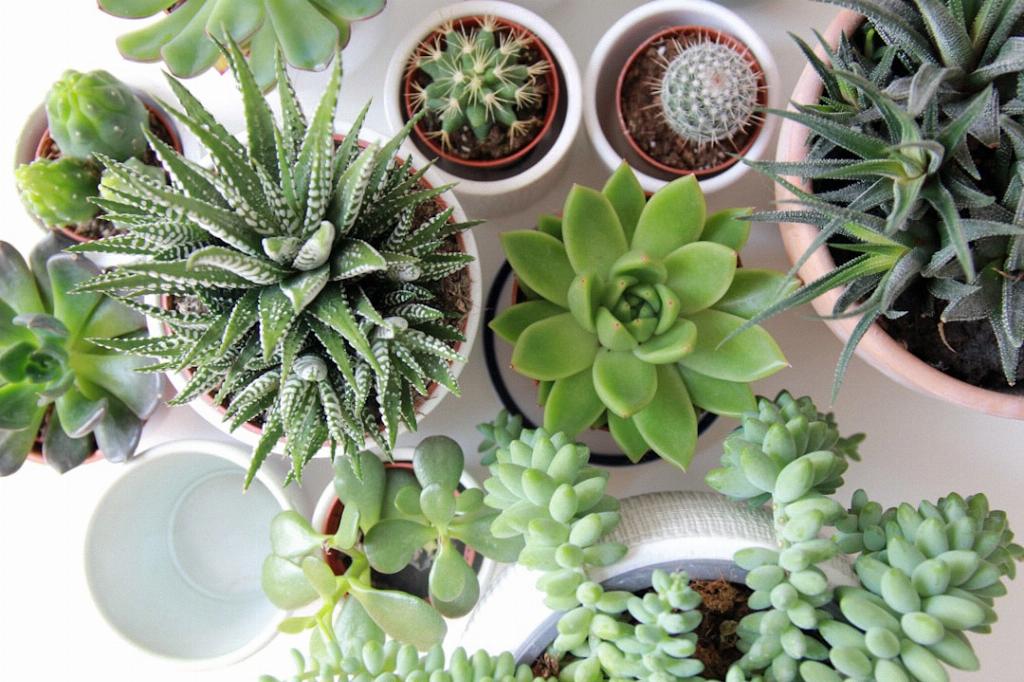When it comes to nurturing your succulent plants, selecting the right soil is paramount to their overall health and growth. Succulents thrive in well-draining soil that allows their roots to breathe and prevents water from pooling around them. A loose, rocky soil that is rich in nutrients is ideal for succulents, as it mimics their natural habitat.
Characteristics of Optimal Soil for Succulents
An optimal succulent soil should be well-draining, preventing waterlogging that can lead to root rot. Additionally, succulents prefer soil that is slightly acidic to neutral in pH. It’s important to avoid using alkaline soil, as it can be detrimental to the health of succulent plants and potentially lead to their demise.
Choosing the Right Soil Mix for Succulents
When planting succulents in containers, it’s recommended to use a potting mix specifically formulated for succulents and cacti. These mixes are designed to provide the ideal balance of drainage and aeration for succulent roots. Be sure to select a pot with drainage holes at the bottom to further prevent water accumulation.
The Role of Nutrients in Succulent Soil
While succulents do not require rich soil, they still benefit from a nutrient-rich mix that can support their growth. Adding organic matter or nutrient supplements to your succulent soil can help provide essential nutrients for your plants to thrive.
DIY Succulent Soil Mixes
If you prefer creating your own succulent soil mix, you can combine materials such as coarse sand, perlite, and garden soil in the right proportions to achieve a well-draining and nutritious blend. Experimenting with different ratios can help you find the perfect mix for your succulents.
Maintaining Proper Drainage for Succulents
Ensuring adequate drainage is crucial for succulent plants, as excess moisture can lead to root issues and pest infestations. Using pots with drainage holes and selecting a well-draining soil mix are key steps in maintaining proper drainage for your succulents.
Preventing Common Soil-Related Issues
By using the right soil mix and implementing proper watering practices, you can prevent common soil-related issues such as overwatering, which can be detrimental to succulent health. Monitoring the moisture levels in the soil and adjusting your watering frequency accordingly can help prevent potential problems.
Repotting Succulents for Soil Renewal
Over time, succulent soil can become compacted and lose its ability to drain effectively. Repotting your succulents every few years allows you to refresh the soil mix, promote root growth, and ensure that your plants have access to the nutrients they need to thrive.
Enhancing Soil Aeration for Succulents
Incorporating materials such as perlite or pumice into your succulent soil mix can enhance aeration and prevent soil compaction. These lightweight additives create air pockets in the soil, improving root oxygenation and promoting healthy growth for your succulent plants.
Regular Soil Maintenance for Succulents
Regularly checking the condition of your succulent soil and making adjustments as needed is essential for maintaining the health of your plants. Keep an eye out for signs of compacted soil, excessive moisture, or nutrient deficiencies, and take proactive steps to address these issues promptly.
Conclusion
Choosing the best soil for your succulents is a critical aspect of their care, influencing their overall well-being and growth. By selecting a well-draining, nutrient-rich soil mix, ensuring proper drainage, and monitoring soil conditions regularly, you can create an optimal environment for your succulent plants to thrive and flourish.

